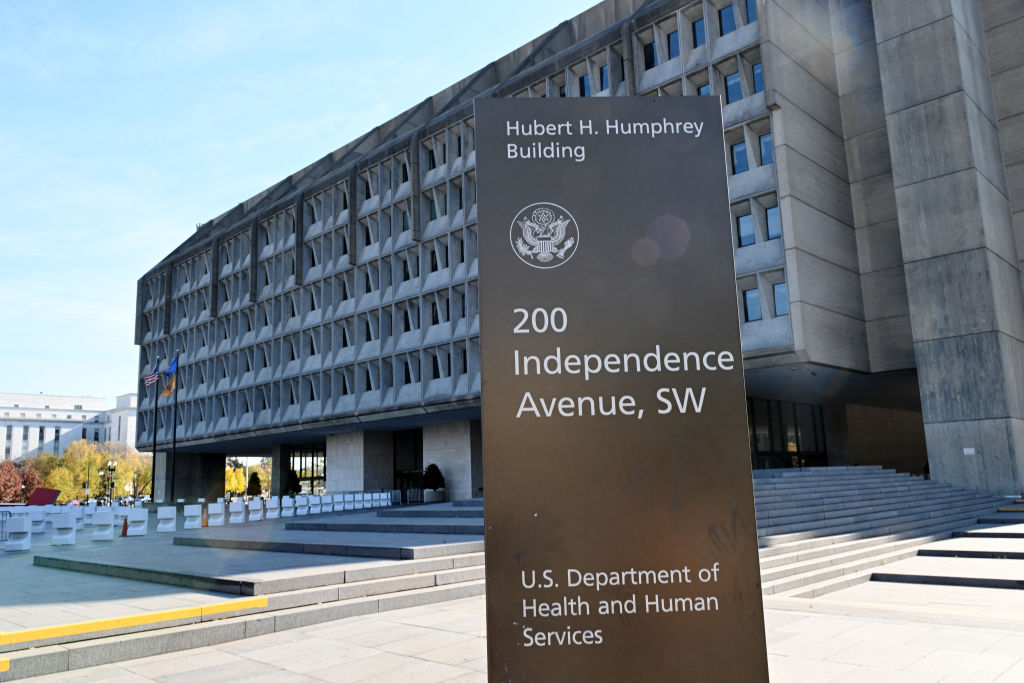New Harvard study raises concerns about hospital control by private equity

A new study from Harvard Medical School is raising fresh concerns about hospitals controlled by private equity firms.
Researchers found patient satisfaction dropped at hospitals that moved under private equity control, compared to hospitals that were not owned by such firms.
In surveys reviewed by researchers, patients reported their experience worsened in the years after private equity takeovers. They also said hospital staff were less responsive to their concerns.
Dr. Rishi Wadhera, an associate professor at Harvard and an author of the study, said private equity firms have strong incentives to generate rapid financial returns by cutting costs, including staffing.
“Who feels cuts in staffing the most? It’s the patients,” Wadhera said.
His study, published this week in the Journal of the American Medical Association, builds on the 2023 work of other Harvard researchers who found problems such as falls and infections at hospitals acquired by private equity firms occur at a 25% higher rate when compared to other hospitals.
“When private equity takes over a hospital, things generally get worse for patients,” Wadhera said. “There really is an urgent need for greater transparency, monitoring and regulatory oversight.”
The new study found the decline in patient experience at private equity-owned hospitals was greater than the overall decline in satisfaction during the COVID pandemic, when the health care system was under tremendous strain.
Proponents of private equity argue it infuses critical funding into struggling hospitals and can rescue facilities at risk of closing. But Wadhera and others say a growing body of evidence points to serious concerns.
“We have a fairly consistent narrative of what is happening when PE firms invest in hospitals, and the prognosis isn’t great,” said Yashaswini Singh, a health economist at Brown University who was not involved in Wadhera’s study.
She said it’s important to study patients’ experience because “at the end of the day, the patient is at the center of all of this, but is often a voice that is underrepresented in the research.”
Researchers estimate that private equity firms have poured $1 trillion into health care in the past decade and own about 460 hospitals nationwide, as well as many physician practices, nursing homes and other kinds of health care companies.
But private equity’s role in health care has come under increasing scrutiny from state and federal lawmakers — particularly amid last year’s collapse of the for-profit Steward Health Care system.
Steward took over the former Caritas Christi hospitals in Massachusetts with private equity backing in 2010. Fourteen years later, the company filed for bankruptcy and sold or closed all of its hospitals in the state.
Steward’s owners and investors made millions while its hospitals struggled with supply shortages and understaffing, and patients often suffered, according to public officials and news reports.
Gov. Maura Healey signed a law this week that increases state oversight of hospital operators, including private equity companies. “We’ve seen bad actors exploit vulnerable hospitals and communities… We need to prevent that from happening again,” Healey said.
In September, U.S. senators held Steward’s former chief executive, Ralph de la Torre, in contempt for defying a subpoena to testify before members of Congress.
And this week, the Senate Budget Committee released a bipartisan report that found “systemic issues” with private equity investment in health care, including underinvestment, understaffing and the pursuit of financial gains at the detriment of patients.
“The findings of the investigation call into question the compatibility of private equity’s profit-driven model with the essential role hospitals play in public health,” senators said.
link






